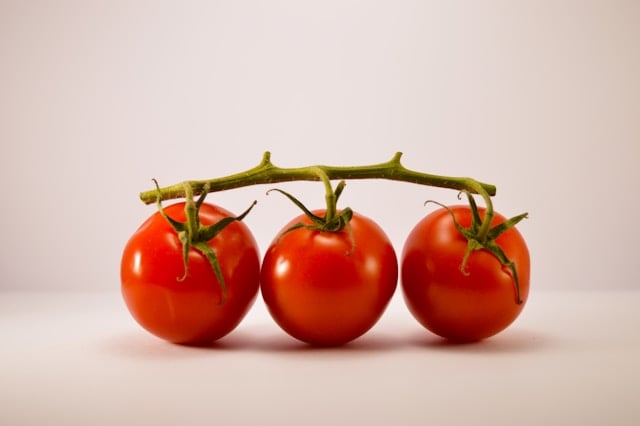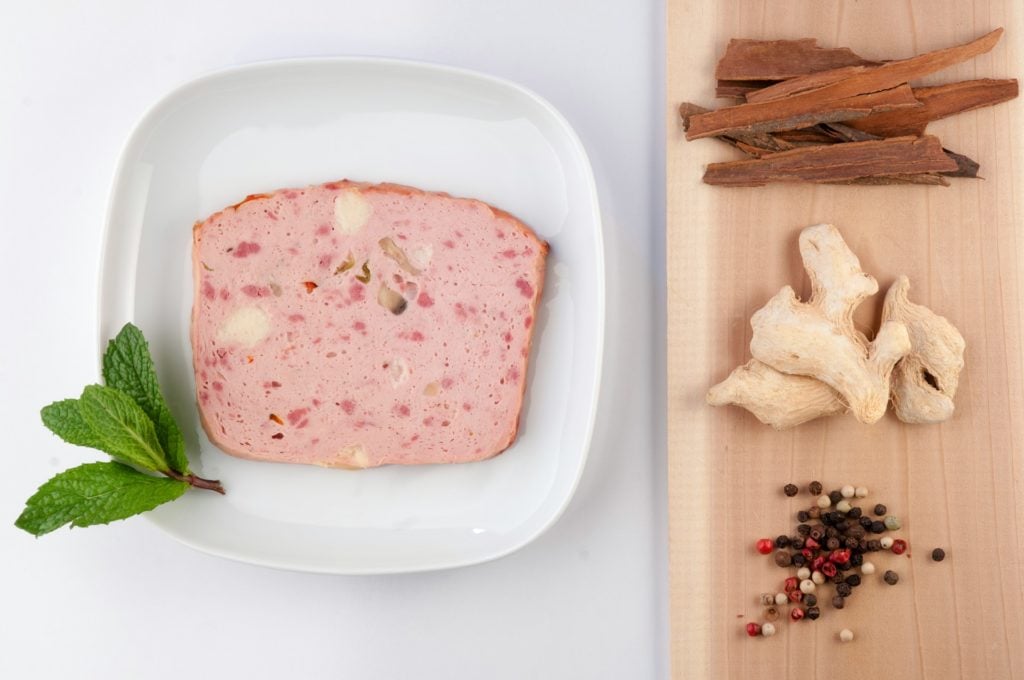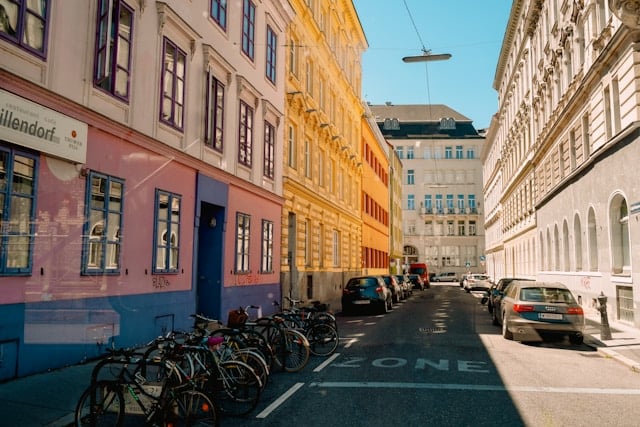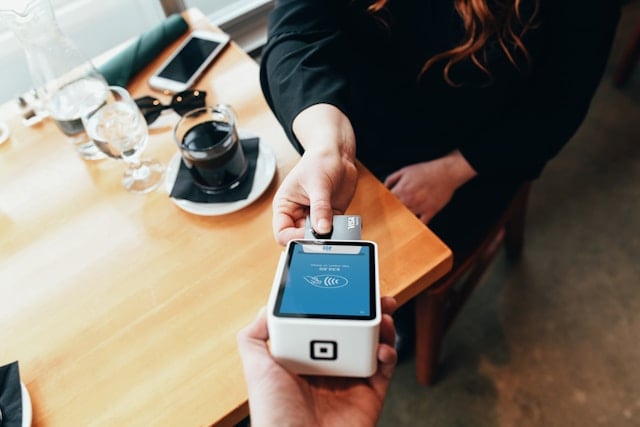Punsch
You’ll find all different flavours of punsch on offer: cherry, raspberry, orange, elderflower and more, and don’t forget the alcoholic versions which might add rum, amaretto or even orange liqueur.
A similar popular drink is Jagertee, especially in apres ski venues, which is made with black tea, rum (usually the Stroh brand) and spices.
READ ALSO: How to celebrate Christmas like an Austrian
Glühwein
A favourite in Austria as well as Germany, this mulled wine is usually spiced with cinnamon, cloves and citrus and served at Christmas markets in festive mugs (often shaped like a boot) for which you pay a deposit (Pfand). Either return your mug to get your deposit back, or keep it as a souvenir.
As with punsch, there are opportunities to branch out from the classics and experiment with white glühwein or fruity flavours.
And again, many bars and market stalls offer the option to add a Schuss or shot of rum or amaretto, for those times when you want an extra kick. Ever the masters of the literal, the translation of the German word “glowing wine” will add some colour to your cheeks.
Roast goose
Traditionally eaten with dumplings and red cabbage, roast goose is often the main event of the Austrian Christmas dinner, often following carp the previous day.
Goose is a popular dish throughout the whole winter, starting with the Martinigansl served around St Martin’s Day in mid-November.
READ ALSO: Where to find international food in Austria this Christmas
Bratkartoffel and Kartoffelpuffer
Two delicious ways of getting your potato fix this winter. Bratkartoffel are thin, crispy slices of fried potatoes are available through the winter at street food stalls in the Christmas markets as well as the roasted chestnut (maroni) stalls that pop up throughout Austria, while Kartoffelpuffer are potato pancakes usually made in a coal stove, which can be served with different toppings.
Raclette
A Swiss dish with a devoted fanbase in Austria, you’ll be able to taste this at Christmas market stalls. Melted cheese is used to top bread or potatoes, before adding extra fillings like meat, onions, and vegetables.
Lebkuchen
In the German-speaking world, gingerbread comes in several forms, though its often glazed with either a thin icing or chocolate. It’s less crispy than a gingerbread man and definitely more, well, bread like.
There’ll be no shortage of these during the festive season in Austria, as you’ll see hundreds of different designs hanging from stalls, often in heart shapes with festive messages iced on them. The perfect gift or edible souvenir.
Vanillekipferl
These delightful little crescent-shaped biscuits just melt in your mouth. They are normally made from ground almonds or hazelnuts, and then given a heavy dusting of vanilla sugar. These are a staple in the selections of Weihnachtskekse (Christmas cookies) that are available at most markets and stores selling food, and make great gifts, contributions to a holiday party, or just snack supplies for the holidays.
Recipe: Three seasonal twists on classic Kipferl cookies
Spekulatius
This is a Christmas cookie spiced with a combination of cinnamon and cloves. The biscuit is very thin, crunchy, slightly browned and usually has a Christmassy image or figure stamped on the front before baking. The bottom of the cookie is flat. Imagine a slimmed-down, spiced-up version of shortbread. Because they are so dry and brittle, they make a good companion to coffee.
Rumkugeln
Literally translated as ‘rum balls’, these are another fixture in the Austrian Christmas cookie box, small truffle-like chocolate balls with a hit of rum or brandy. They supposedly date back to the 19th century and are easy to make at home.
Useful links
Austrian Tourist Board – has recipes for several of these dishes including Lebkuchen, Vanillekipferl, Linzer Cookies and a boozy Punsch
Austrian Supermarket – order Austrian food with free shipping over a minimum spend throughout the EU
Austrian Food – order Austrian delicacies in the UK







 Please whitelist us to continue reading.
Please whitelist us to continue reading.
Member comments